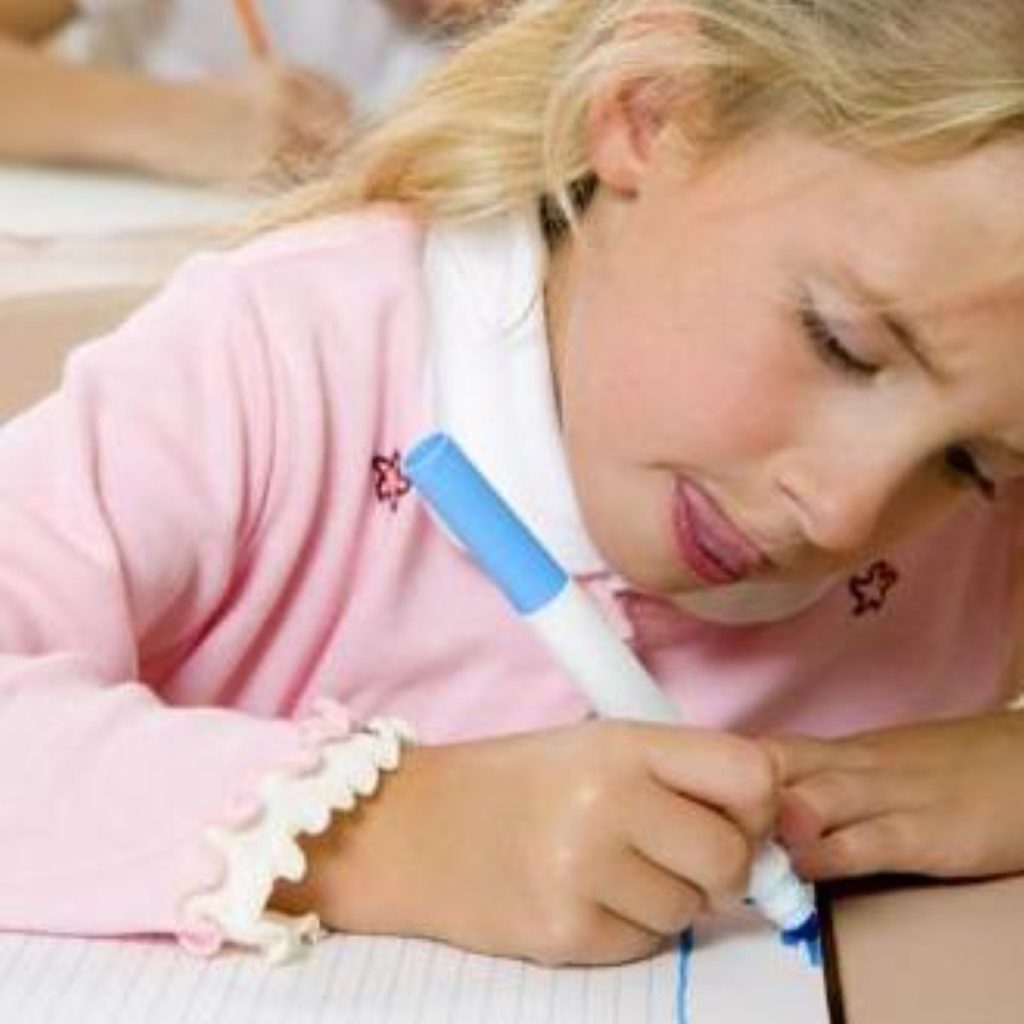Special needs inclusion policy ‘needs review’
Ministers have been urged to rethink the policy of teaching special needs pupils in mainstream schools after a new report finds it is failing students and teachers.
A study commissioned by the National Union of Teachers (NUT) says the policy of inclusion is a laudable one but warns teachers are often left to deal with pupils with serious educational difficulties for which they are not trained.
“The commitment of staff and parents to youngsters with special needs shines out [in this research]. But many are being let down by inclusion on the cheap,” said NUT general secretary Steve Sinnott.
“It is vital that the government conducts a root and branch independent review of inclusion policies and practice. It must put an end to the stress and strain experienced by teachers, support staff, parents and youngsters alike.


“All children are entitled to high quality teaching and learning and high standards in every classroom. In the meantime, there must be a halt to the closure of special schools.”
In primary schools, some teachers reported having to change nappies and even administer tracheotomies, while at secondary level, they had to deal with children who had attempted suicide, were schizophrenic or were self-harming.
Dealing with these pupils takes up time from teaching the other children, the researchers at Cambridge university say, leading some teachers to feel they are providing “inclusion without education”.
Some said they could not cope and quit their jobs as a result, while others left teaching assistants to deal with certain children. Although they usually have enthusiasm, the report says these staff are normally no more trained for this work than the teachers.
All of this has an effect on the children with special needs, the researchers say, in particular when they move to secondary school, where the combination of the size of the institution, peer pressure and the onset of puberty can leave them feeling isolated.
“It is the tensions between the two agendas – standards and needs – and the pressure exerted on teachers to meet curriculum targets in an under-funded environment which will achieve poor results for all pupils,” the report concludes.
However, schools minister Lord Adonis insisted children were only taught in mainstream schools where “this is what the parents want and it is not incompatible with the efficient education of other children”.
“We put the needs of the child first”, he said, adding: “We also want pupils for whom this is not an option to benefit from high quality education and for strong links to be forged between special and mainstream schools so pupils can mix with their peers.”
He stressed that spending on teaching children with special education needs (SEN) had increased from £2.8 billion to £4.1 billion in the past five years, adding: “Children with SEN are taught successfully in a range of settings, including mainstream schools, special schools and specially resourced provision in mainstream schools.”












